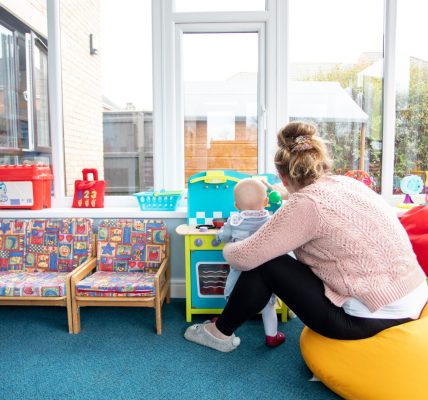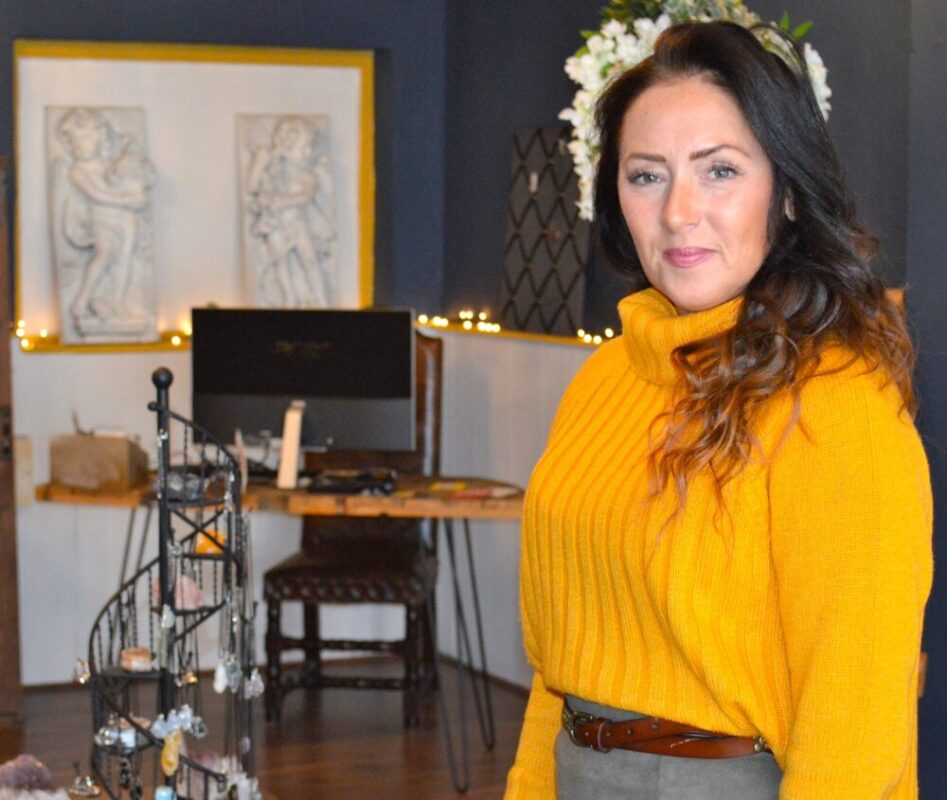Ahead Of World Suicide Day Leading Expert Shares Her Advice On How To Spots The Signs And Support Someone Having Suicidal Thoughts
A LEADING expert in mental ill health has shared her advice on how to best spot the signs of someone experiencing suicidal thoughts.
On the eve of World Suicide Prevention Day (September 10), counsellor Lynn Crilly explained how there are often “subtle” warnings that a person may be about to die by suicide.
Lynn, who has published a series of books on the mental ill health, said: “Most people who feel suicidal do not want death, they just want the pain to stop. The most powerful thing you can do is be there for them, showing that you care and that their life matters, and helping them find an alternative way forward.”
Outlining the most common signs and how best to react – she issued the four pieces of advice, Lynn says:
- “Most people who attempt suicide will give some clue or warning, so it is vital to take those clues seriously, even if they are said casually. They may talk or write about death or harming themselves, or they may seek out things that could be used to take their own life, such as weapons or drugs.
- “There may be more subtle signs: hopelessness, self-loathing and self-destructive behaviour should all be taken seriously. Be alert also to those who seem to be getting their affairs in order or saying goodbye to people as if they will not be seen again. It sounds obvious, but all too often the clues are missed.”
- “If you spot any of these signs and are worried about someone you care about, it is natural to question whether you should say something. But the best way to find out is to ask them. Showing you care will not push someone towards suicide, rather it will give them an opportunity to voice their fears and feelings which could in turn help them to see that there is another way forward.
- “While talking is crucial, so is listening. Allow your friend or loved one to unload their despair and listen without judgement, remaining calm and accepting of how they feel. Reassure them that help is available and tell them how important they are to you. Avoid arguing with them or appearing shocked.
Lynn continued: “Help them to find professional help and be proactive in keeping in touch with them – do not wait for them to call or expect them to ask for help.
“Instead, be in touch often and continue to be supportive in the long term, even if the immediate crisis appears to have passed. Help them to come up with a plan to follow if they feel suicidal thoughts descend.
“If you are worried that there is an urgent danger that they may die by suicide, phone their doctor or dial 999. If you can help the person you care about, find support, you may start the process of them beginning to turn their life around.”
Breakout:
Lynn became a counsellor after one of her daughter’s, Samantha, fell into the trap of Anorexia Nervosa and OCD, at the age of 13. She explored every avenue and source of help, but they were not right. Lynn felt she had no option but to educate herself and learn as much as she could about eating disorders and mental illness. Now, to mark World Suicide Day, Lynn is sharing the following poem – written by her daughter:
Dear Suicide,
If we fly away together, can we go as high as we can
So far away we’ll lose sight of this land
I have to admit it scares me ever so slightly
I know life on this earth isn’t given out lightly
You’ve said it will be peaceful where we’ll end up
however, I’ve been told here many times I have too much to give up
I hope you’re not lying as word says you’re a thief
Wearing a mask of purity to cover the muck underneath
You’ve made me swear not to listen to tomorrow
But it keeps telling me love still has time to grow
That there is happiness down here still waiting for me
That one day I will have the strength to set myself free
So therefore, I’ve decided to pull out of our deal
I know I’m worth so much more than how you feel
goodbye, I hope you keep your thoughts to yourself
and I’m looking forward to sharing tomorrow with everyone else




